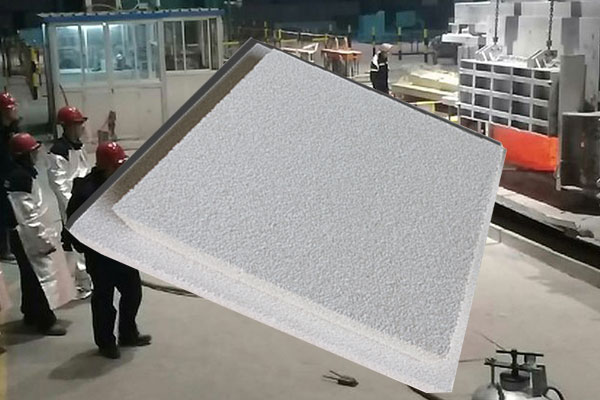Ceramic Filter Aluminum Indonesia can improve the damage of Aluminum alloy metallurgical defects on Aluminum deformation production and mechanical properties of final products.
Therefore, the purification of aluminum melt is an important process in the pouring process of aluminum bar and aluminum ingot.
Before using Foam Ceramic Filter Aluminum Indonesia, the gas and slag content was too high, which would cause the Ceramic Foam Filter to be blocked.
Therefore, adding degassing device before filtration can make the purification process of liquid aluminum more smooth.
The current market demand for high-grade aluminum alloy is increasing, and the end customers have higher and higher requirements for quality.
In general, the demand for high-grade aluminum alloys is developing in the direction of thin wall, high strength and easy to work.
This kind of cast aluminum alloy requires higher and higher purity of molten aluminum.
At present, the most commonly used filtration technology is ceramic foam filtration technology.

The filtration effect of this technology increases with the increase of the porosity of the filter plate.
Even so, its filtering performance lags far behind that of deep-bed filters.
Chinese companies relied heavily on Indonesian bauxite until 2014, but they quickly switched supplies after losing their main source.
Instead of building a smelter in Indonesia, as Jakarta had hoped, they found a stable supplier in Malaysia and turned to Guinea in Africa after Malaysia also banned bauxite mining.
The 2014 export ban led to only one new smelter in Indonesia, so the government relaxed the ban in 2017 and promised to review it in 2022.
Despite a lack of Chinese interest in investing in aluminium smelters in Indonesia in 2014, bauxite refining in West Kalimantan has also attracted some Chinese investment, encouraged by the Belt and Road Initiative.
Six smelters, three of them along the Kapuas River near the villages of Merangao and Muryohulu, are being built or expanded with investment from State-owned mining company Antam, private Indonesian companies and several Chinese companies. But the pace of construction of these smelters has been slower than expected.
Well Harvest Mining, a unit of Indonesia-based Harita Group, already owns a smelter and is working with China Hongqiao Group, the world’s leading aluminium producer, to double smelting capacity. Borneo Alumina Indonesia plans to build a new smelter with support from Antam and Chinalco International Engineering Co.

